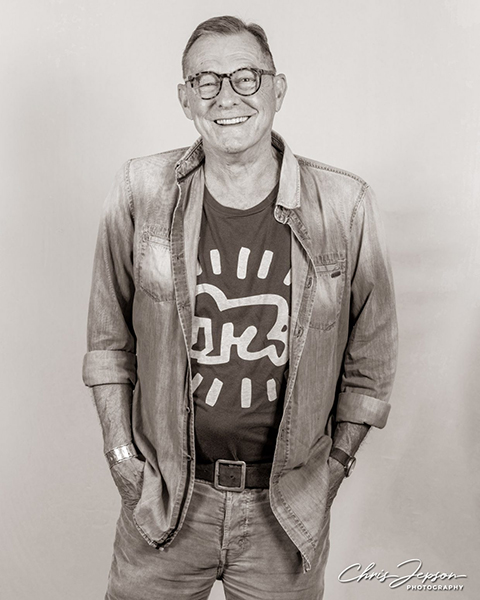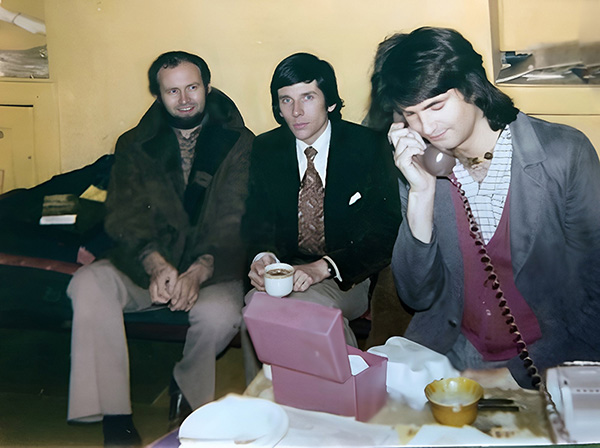To celebrate 50 years since the Sussex GLF organised the first Brighton Pride, I’ve been working with the present day organisers of Brighton Pride to mark that milestone.
We were limited to the members of the group that I’m in contact with but I wanted to have them in the actual Pride parade if that was possible. Meanwhile Chris Jepson wanted to photograph them in the same way that he had photographed London GLF as part of his Identity Project. Amazingly enough of the Sussex group were interested in our plans to make both of these things happen!
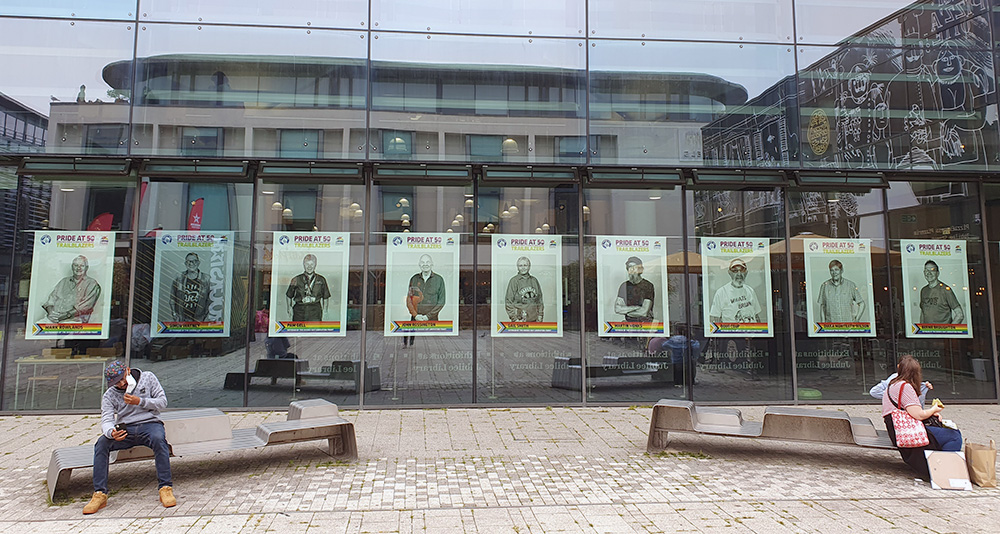
Occasionally I’m asked how the Sussex GLF feel about the recognition all these years later, and it’s a tough question to answer. So I decided to ask them directly. I asked them all the same three questions:
- How does it feel?
- What does it mean to you?
- Did you ever imagine this would happen?
Some of the group who were photographed had also agreed to be in the Pride parade when I asked my questions, so there is a bit of crossover in some of their replies. Anyway, here is what they had to say:
- Bernie Broughton
- Diana Monteath-Wilson
- Doug Coupe
- Gail Smith
- John Rossington
- Mark Rowlands
- Martin Monks
- Pam Gell
- Simon Watney
Bernie Broughton
How does it feel?
A bit surreal but exciting. Looking forward to the day and being with the others in the parade but not really sure what it’ll be like. Never thought I’d be on a big poster; haven’t yet found myself on one but have had friends send pics to me. That is strange! Also, a bit proud to have been part of GLF in the past and in the celebrations now.
What does it mean to you?
The acknowledgement is nice. Of course, at the time I was just part of a group that were having a good time and, as a group, felt fearless. Also this has put those times in historical context and provide a comparison with how things are today. Seeing us there now might make some people think about this.
Did you ever imagine this would happen?
Of course not! I think the profound sense of exclusion I felt then meant that things might change a little in a small way (maybe we wouldn’t be shunned, attacked and beaten up!) quite so much but had no idea LGBTQI+ people would become a mainstream minority. And if you mean heading the Pride Parade not at all.
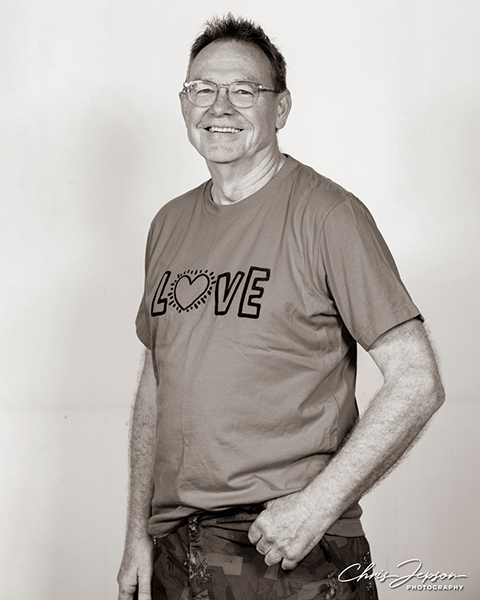
Diana Monteath-Wilson
A little ambiguous. I feel a sense of achievement but know we have more work to do and an anxiety that, given current populist agenda of politicians, we may be having to fight to retain what we have achieved rather than further promoting the LGBTQ cause
What this means to me is that my faith in likeminded people coming together, working together and thinking about others and their future, has been reinforced. I would like younger LGBTQ to see that they must continue the fight to achieve ultimate equality.
Given the atmosphere of the 80s, 90s and early 21C and the continuing evolving of the movement, I knew we would reach this point in my lifetime. And despite the difficulties ahead, just like we were, I am convinced that there are people out there who will continue our fight.
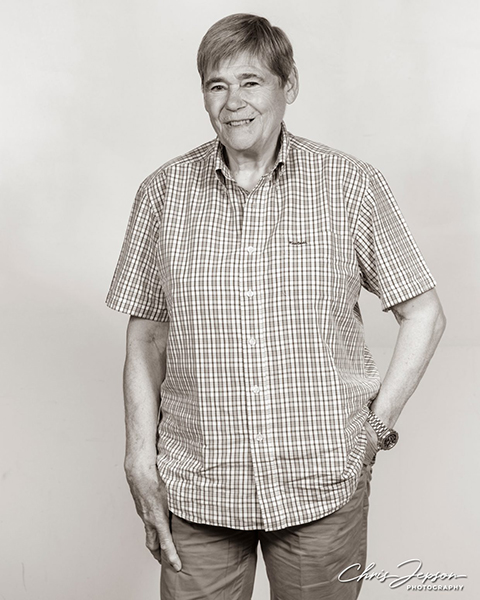
Doug Coupe
I am very happy to be recognised as someone who was motivated enough to play a part in Gay Liberation, and glad to have done something rather than just talked about it.
Secondly, I am proud to represent those activists who are no longer with us some of whom died of AIDS like Tony Berry and Malcolm Everett, those who also contributed to an important step in the progress of civilisation.
Thirdly I always hoped that we would achieve acceptance in law and equality though I believe that there is some way to go before total parity is gained. There are still issues associated with marriage which we still have to clarify.
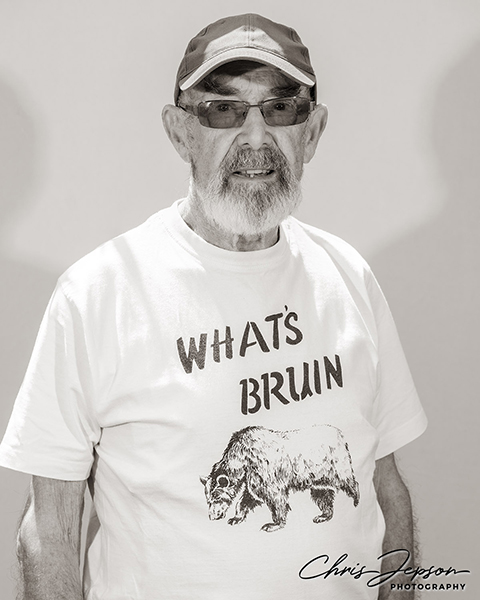
Gail Smith
Amazing – a unique opportunity. I’m honoured to be asked to be a part of such an incredible event. I also feel incredibly sad and angry for those who never got to experience the relative openness and freedom that we now mainly enjoy. They encountered prejudice, persecution and sometimes prosecution. So many lived in fear, unable to be themselves. I will think of them, I’m sure.
I’m delighted that at SGLF, our tenacity, hard work, time, and willingness to stand up and be counted, has perhaps gone towards helping to make the changes that have been made legally for us. It’s both exciting and humbling that recognition is being given after all these years.
If you mean being invited in this way to be a part of Pride-never. If you mean SGLF being celebrated like this-no. Nor did I imagine in 1973 that I would ever see the day when we could legally marry, but it’s been a long road!
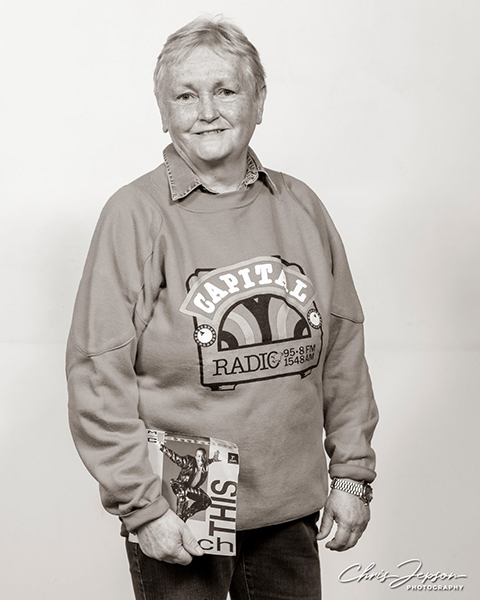
John Rossington
It is always gratifying to have your contribution acknowledged. This project achieves that both for the individuals involved and collectively for the Gay Liberation Front.
The project means that we are providing a photographic record of part of our Queer history. It worries me that so many LGBT+ people show so little interest in their cultural and political roots. We are increasingly obsessed by celebrity. This project is a counterbalance to that.
I never imagined that such a project would happen. Having said that I am not the sort of individual who daydreams of what might be. I have enough problems dealing with the reality of life in the world of Trump and Putin of today.
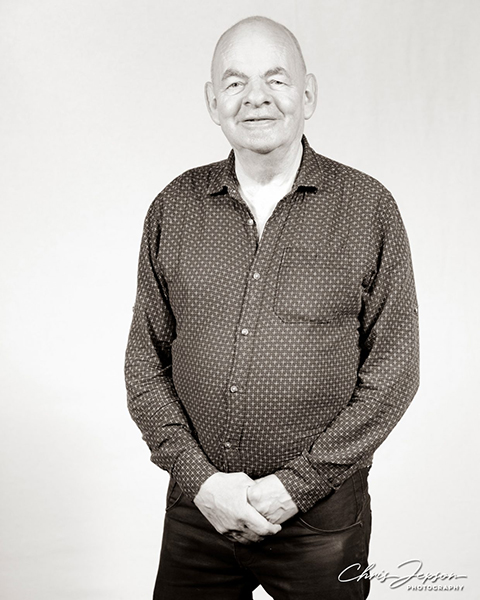
Mark Rowlands
I joke that the plan to put a collage of Chris’s pictures in the window of Brighton Library finally demonstrates I am a museum piece. I am a little bemused but also pleased and heartened – not for me but for what we were fighting for 50 years ago. The nostalgia is enjoyable. The anniversary triggers memories of my journey to becoming an activist and of the friends I made along the way. Brighton was a fine place to be a student. There was also a gay scene of sorts, centred around Middle Street. I have a mental picture of me arm in arm with groups of young friends, in high spirits as we squeezed through the narrow twittens from pub to pub.
The word Pride is apt. In gay parades in the 1970s, someone would shout “Give us a G. Give us an A. Give us a Y. What does that spell? What is Gay?”. The answer we shouted out was “Good”. When repeated, we might be prompted to add “Great” or “Angry”, but the key point was Good. We needed to convince not just onlookers but ourselves too. We were not the outcasts doomed to lead sad and sordid lives that newspapers in the 50s and 60s led the public to believe. We had become proud of who we were.
I did believe that equal rights in law could and would be achieved, if perhaps rather sooner than it proved to be. However, I never anticipated the prominence that is now given to LGBTQ themes and personalities. No longer do I have to keep quiet about my partner of 32 years. It was such a surprise to find that our builder took his kids to Brighton Pride parades and that our cleaner’s son could be out at school and invite his boyfriend to the prom. But then I remember that we in this country and most of Western Europe are fortunate. In so many parts of the world it remains unsafe to be gay; there are fights still to be fought.
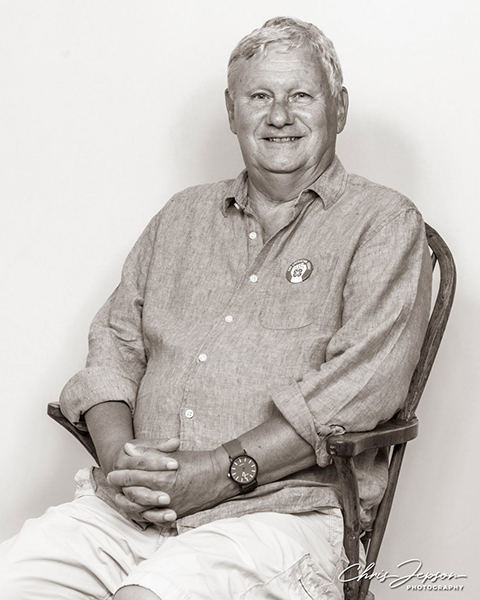
Martin Monks
It feels very strengthening to be aware of all the efforts made by several people, especially Alf, to rescue GLF from oblivion, and to know that it is now ‘logged’ in history. It means that the work of so many good and brave people back in the 70s was not in vain, and that knowledge of it will not die with them.
I would never have expected this survival to happen, it came completely out of the blue. I feel very grateful to those responsible, and very encouraged and hopeful that GLF can still inspire younger people.
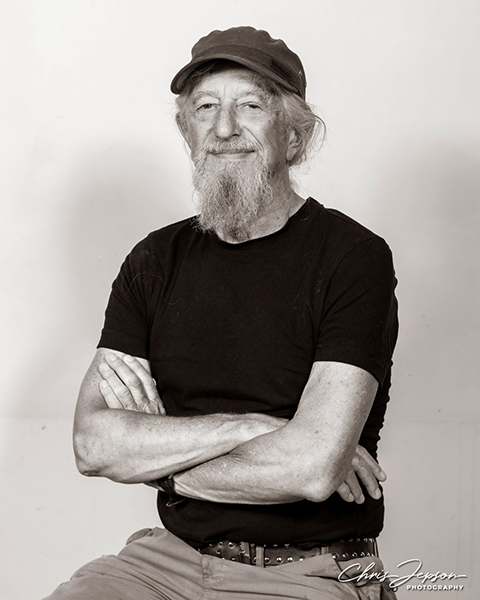
Pam Gell
I feel that the celebration of a group of people who gather to strive together to assert their human right to love and to simultaneously live in harmony with their community is in a very small way a means of being vindicated for the irrational and inhuman treatment that we have suffered for generations.
It means that I can achieve a certain peace of mind in the knowledge that I am able to be empowered and approved of in the choices I make as a meaningful individual.
Yes, I was confident that our way of loving and living would be gradually appreciated as a viable alternative.
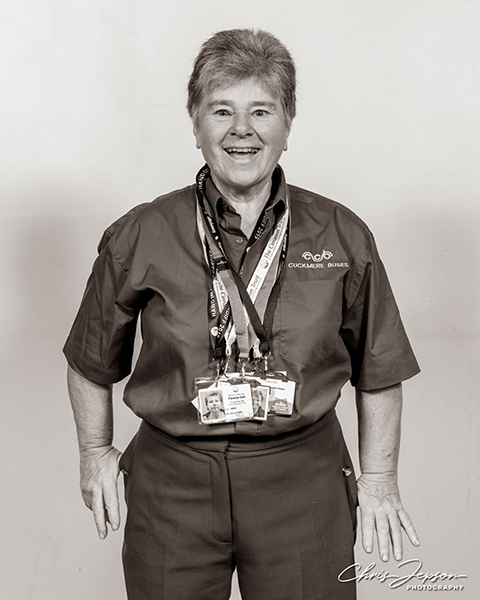
Simon Watney
Neither Mark Rowlands nor I could ever have imagined the subsequent size and success of the celebrations that we launched fifty years with the first Gay Pride march in Brighton, and the growth and confidence of the local Gay Liberation group it represented. And yes, I do feel proud to have been part of that moment of radical change and improvement in the social history of Brighton, and indeed of Britain as a whole.
GLF was a huge adventure, and a watershed in our national history as well as the personal lives of all of us who were initially involved. But we should try not to view the past through rose-tinted spectacles. Real political change never happens overnight, and however distant 1973 may seem today we shouldn’t forget that the bigots and the bullies are still out there, as hostile as ever to gay people, and just panting for the opportunity to turn the clock back to the distant past.
Looking at the recent photo of me by Chris Jepson I see a confident, smiling older man, who has learned from experience that the joy and energy which Pride embodies was not simply given to us on a plate, but was something for which we had to campaign and struggle, often in the face of considerable odds. Our understanding of our own history is our strongest defence.
